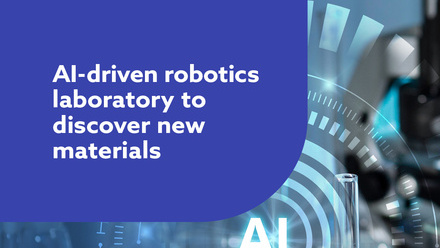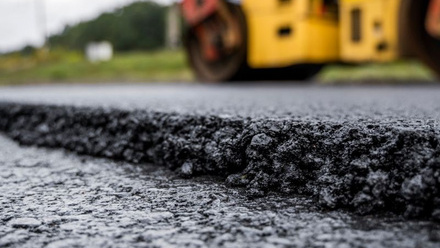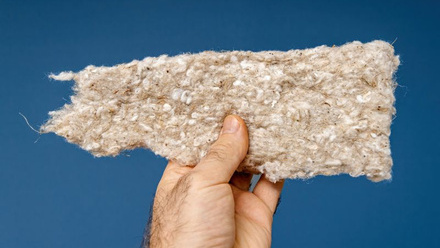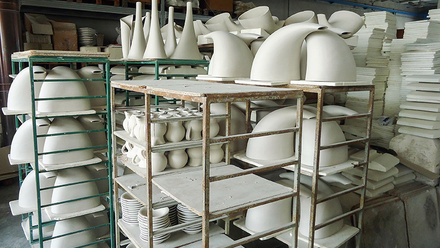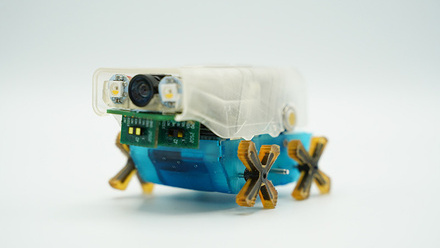UKRI projects target technology, waste and energy efficiency
UKRI has announced details of new projects funded to improve the productivity and competitiveness of foundation industry companies and their supply chains.
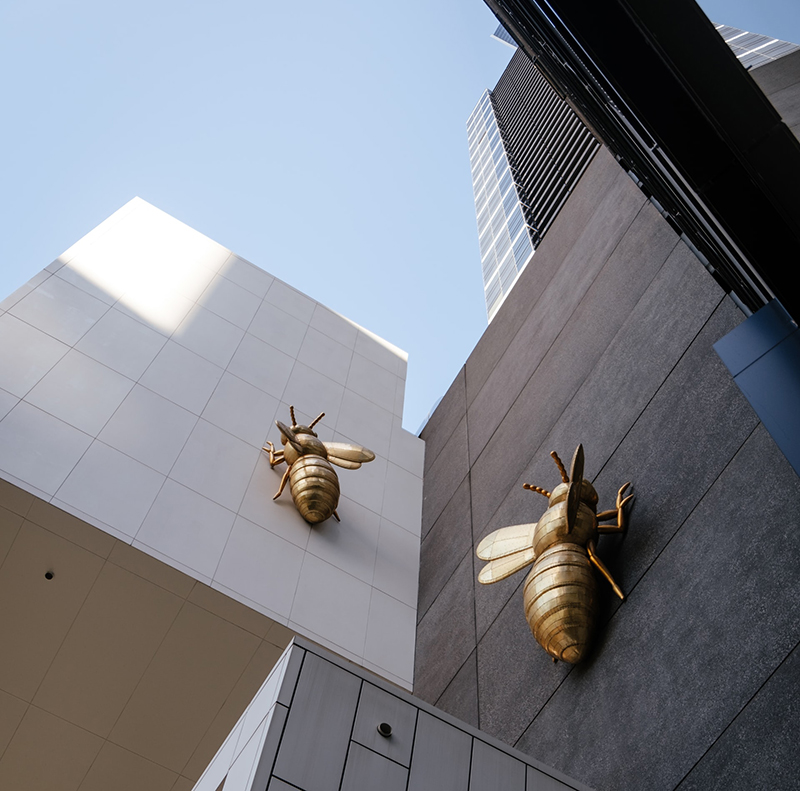
Through its Large Collaborative R&D competition UKRI’s Transforming Foundation Industries Challenge (which includes glass, cement, paper, chemicals, ceramics and metals), tasked research and innovation consortia with developing technology to reduce energy and resource inefficiencies across these industries. Designed to deliver cross-sector benefits these projects bring together businesses with their supply chains, and equipment providers, to work on common challenges.
Bruce Adderley, director of UKRI’s Transforming Foundation Industries challenge, notes, ‘Collaboration is the lynchpin for innovation across these industries, as the opportunities for mutual benefits, re-use of by-products and the exchange of knowledge and skills will be essential for ensuring their journey towards improving efficiency and productivity to meet new market challenges.’
About the Large Collaborative R&D Project winners -
- AI6S - AI lean six-sigma process optimisation for energy efficiency and waste reduction in foundation industries
Project lead: Hybird Ltd
AI6S will develop a novel toolkit for process optimisation in foundation industries (FI), enabling process efficiency improvements resulting in reduced energy consumption and reduced waste and improved ability to meet challenging (and commercially attractive) specifications and short turnaround times.
Location: London / North East
Value: £1.4mln - Scalable AM Rule Creation & Dissemination (SAMRCD)
Project lead: Authentise
To optimise when, where, which, and how to implement additive manufacturing, its environmental impact must be assessed and compared to conventional manufacturing processes such as CNC Machining.
Various UK locations
Value: £1.7mln - Computational formulation technique for developing resource and energy efficient functional coatings for foundation industry
Project lead PTML (Pilkington Technology Management Ltd)
This project will take a whole supply chain view on the readiness of digital technologies to augment and enhance the traditional formulation process, and the ability to capture the knowledge of the experts in the process in terms of manufacture of constituents, application process, through a the digital-first process. This consortium, including metals, glass and bulk and speciality chemicals supply chain will seek to demonstrate a digital led approach to preparing a formulation for spray deposition on two different kinds of substrate systems, one for the glass sector, and one for steel. While the focus will be antimicrobial coatings, the approach will derisk similar approaches with many different products, different substrates, different application mechanisms, bringing together national centres of expertise with industry partners. Overall this will enable production of high value products at lower cost and with lower energy consumption.
Location: North West
Value: £1.5mln - CARBACEM - Creating valuable secondary resources for cement production from hazardous wastes produced by aluminium production, generating sustainable, resource efficiencies for both
Project lead: Ultromex Ltd
The project solves a difficult waste problem for the aluminium industry, keeps hazardous waste out of landfill while providing a large supply of secondary resources for cement production including carbon, alumina, silicates and mineralising agents, reducing its environmental footprint. It has the potential significant positive impacts for the economics and resource efficiencies of both industries, with environmental and sustainability benefits.
Location: North West
Value: £1.3mln - Developing industrial symbiosis using UK waste clay resources for new generation building materials
Mineral Products Associaltion Ltd
In this project, waste derived clay from several different sources will be characterised and tested for the properties useful for cement and concrete production. Waste derived clays will be prepared using two different heating methods to enable comparisons of the resulting properties. These methods are a rotary kiln, a commonly available technology and 'flash heating', a new and innovative heating technique not yet trialled in the UK.
Various UK locations
Value: £1.4mln - Re-imagining industrial by-products to create a circular approach in the steel and cement industries.
Project lead: Material Evolution Ltd
This research proposes a resource and energy efficiency opportunity in the cement industry, which is the main carbon emitter within concrete, by utilising industrial by-products from the steel industry to create a new cement and establish a circular economy between these two foundation industries.
Location: Wales / North West
Value: £1.8mln - HiFib: Innovative Fibre Technology for Sustainable Papermaking
Project lead: AXCHEM INTERNATIONAL LIMITED
The project aims to address an identified commercial demand for sustainably produced, lighter, stronger paper and board. This is highly desirable because their use reduces the quantity and weight of packaging and the associated transportation costs and greenhouse gas emissions. The objective of the project is to build on an ultrasonication process that can produce pulp suitable for the production of lighter, stronger products at the scale required by the industry. Ultrasonication of pulp produces highly fibrillated cellulose fibres (HFCFs) that contribute to the strength of the finished product.
Various UK locations
Value: £1.1mln


